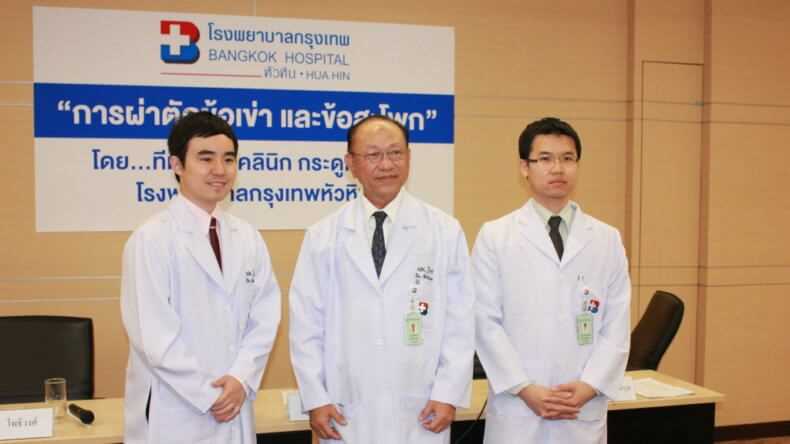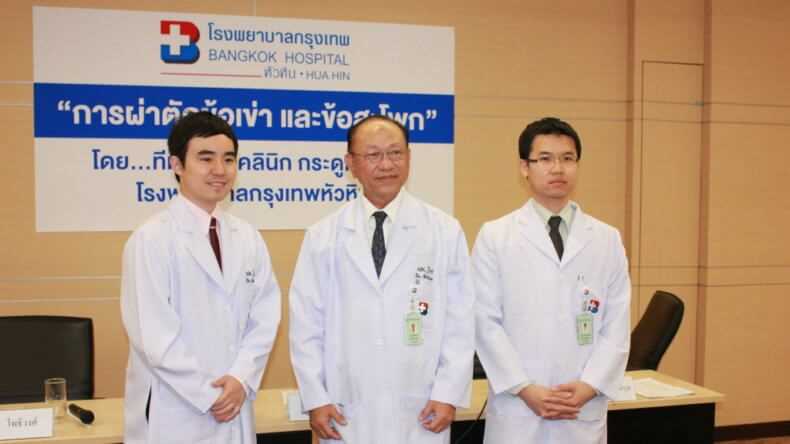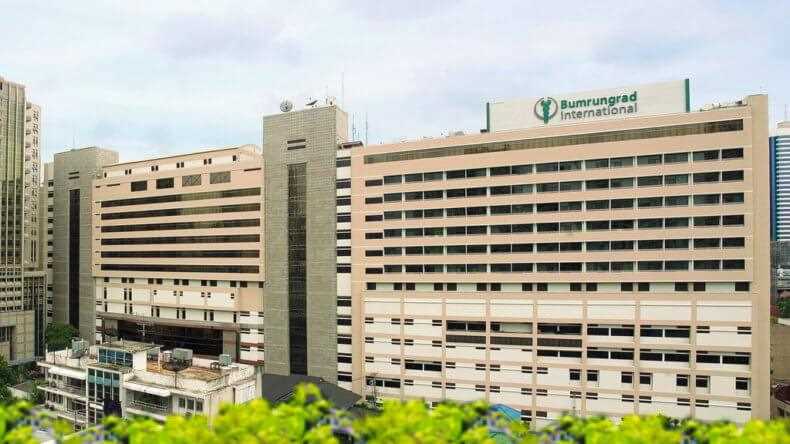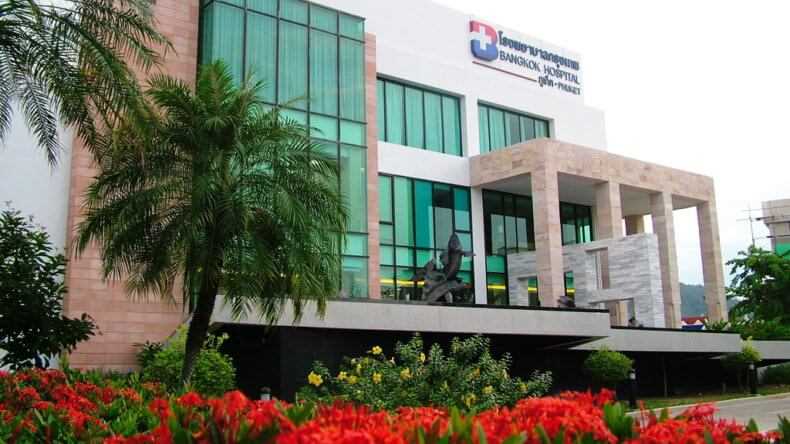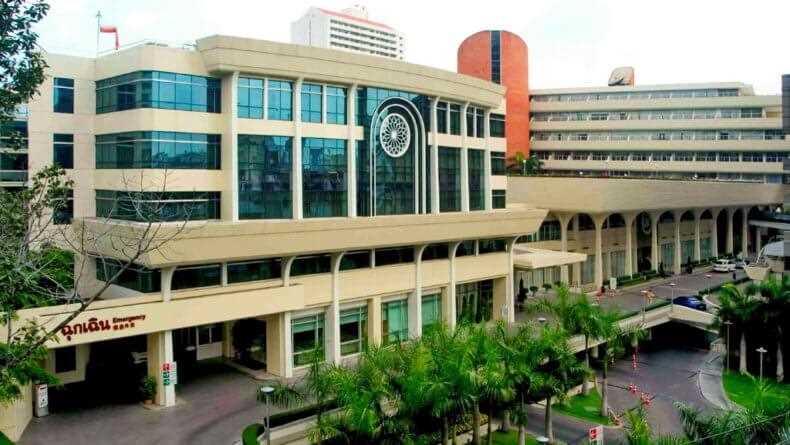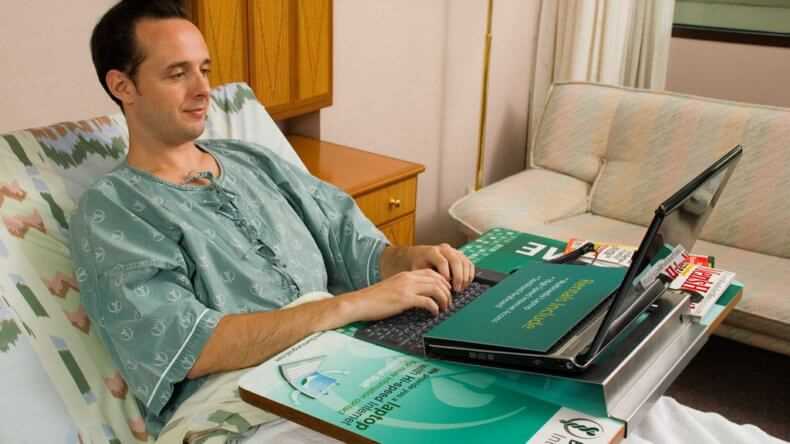Medical tourism in Thailand is a rapidly developing sphere of services, which is as popular as beach holidays, excursions to national parks and even the notorious sex tourism. The country on the coast of the Gulf of Thailand is steadily ahead of all the countries of Southeast Asia, and the number of foreign citizens, whose main purpose of visiting the country is improving their health, is increasing every year. It is no exaggeration to say that Thailand has achieved leading positions in the world market of medical tourism. Several factors have contributed to this success.
- Relatively low prices in the price list of medical services
- The quality of care that matches the level of private hospitals in Europe and the U.S.
- Enabled to combine medical procedures with relaxation and entertainment.
Health care in Thailand
Medicine in Thailand is divided roughly equally between municipal and private – there are over a thousand major medical centers in total, of which 470 are privately owned. Thailand has the largest private hospital in Southeast Asia, as well as a clinic that has received JCI accreditation and ISO 9001 certification.
Private clinics, which are mostly international, with foreign capital, hold the palm in the promotion of medical tourism. It is the ultimate dream for a Thai doctor to be on the staff of such a hospital, as in this case his/her salary increases at least 1.5 times as much as compared with what he/she would have at a municipal medical institution.
Best clinics for international patients
The best known private hospitals are Bumrungrad International Hospital, Samityvej, and Bangkok Hospital Group. These names have been on the radar of patients and physicians from the U.S. and Europe since the early 2000s. It`s not that medicine in Thailand for foreigners is fabulously cheap, but in the end, treatment is less expensive than in the West (for the sake of economy people even come here for plastic surgery). For Thais, whose average wages are significantly lower than in Europe, these medical facilities are not quite affordable.
1
Bumrungrad International
Bumrungrad International Hospital has the most developed infrastructure and attracts the bulk of international patients. Founded in 1980, it is accredited by the JCI. The number of patients treated there with foreign passports exceeds half a million. Among them, there are expats and medical tourists from 190 countries of the world. The success of the Thai clinic is due to the fact that more than half of the 1200 doctors on its staff have studied abroad or have international professional certifications. For example, 200 of the hospital’s physicians are board certified in the United States.
2
Bangkok Hospitals Group
Numerous tourists begin their treatment in Thailand by visiting one of the fifteen branches of the network of these clinics, the parent institution of which is the Bangkok International Hospital. The International Medical Centre located in the capital city is attended by doctors speaking several languages of the world. There is also a Japanese medical center considering the specific mentality of the citizens from the Land of the Rising Sun. All doctors and nurses communicate with each other and patients in nihongo.
3
Samitivej Hospital Bangkok 
The chain clinics of this brand are well known in Thailand. Their number is constantly increasing and their infrastructure is world-class. For example, three clinics are JCI-accredited. They are equipped with state-of-the-art facilities seen only in the best clinics of the US, Canada, and Europe.
Benefits of treatment in Thailand
There are several reasons why foreigners prefer treatment in Thailand.
Acceptable cost of medical treatment
The cost of medical treatment in Thailand is slightly lower than in North America and the European Union. The difference in price list figures for the same procedures is on average 20 percent. This is why patients for the same money can not only be cured, but also undergo rehabilitation, and if they wish have a good rest outside the clinic.
quality of service and variety of offerings
The demand for medical tourism has driven private hospitals in Thailand to train their doctors abroad and install the best equipment. As a result, they are practically on par with the leading medical establishments of Europe. Over thirty major medical centers are at the disposal of foreigners, as well as many private dental offices (read more about Stomatology in Thailand) and facilities offering alternative (traditional medicine) services.
Companying tourist infrastructure
Thailand has long been among the leading countries in Southeast Asia in terms of tourism. Spectacular beaches, exotic nature, historical and architectural monuments are available to everyone who crosses its borders. The inhabitants are friendly and hospitable, and the level of service will satisfy the most demanding traveller. In such an environment the process of treatment and recovery is much more effective.
Disadvantages of medicine in Thailand
Unfortunately, despite all the above advantages, the disadvantages have not gone anywhere. However, they are not as significant as they may seem before you read…
“Specialist is like flux…”
Doctors in Thailand, especially those who have studied and trained in Britain and the United States, are highly specialized. Therefore, in the whole health care system of the country, it is difficult to find a doctor who is able to assess the whole clinical picture of the patient’s health. You will get a good treatment for a tooth, an arm, a leg, but if you have several ailments, then the kaleidoscope of faces and offices can become endless.
“Figaro here…”
It is common for Thai doctors to combine work in several clinics and even private practice. When choosing a doctor, you should consider their schedule and do not hesitate to demand guarantees of full service. But you can be absolutely sure that you will be treated much more attentively than in Russian municipal clinics.
Logistical problems.
In some ways Thai medicine is similar to ours. Hospitals in Thailand prefer to provide outpatient services. In-patient stay is selected only in extreme and urgent cases or by scheduled appointment. In addition, Thai medical doctors have difficulties with transport for emergency care. They have far fewer medical helicopters to take patients to the hospital, bypassing traffic jams, than in Moscow or St. Petersburg.
- Tooth care in Thailand – prices and choice of dentist.
- Getting insurance in Thailand – what to look out for.
- 10 Phuket hotels for holidays with children, their advantages and disadvantages.
- Introduction to Thailand – step by step instructions.
- Why isn't the insurance company paying? Possible reasons Possible reasons.
- 15 Bangkok museums to make your jaw drop!.

